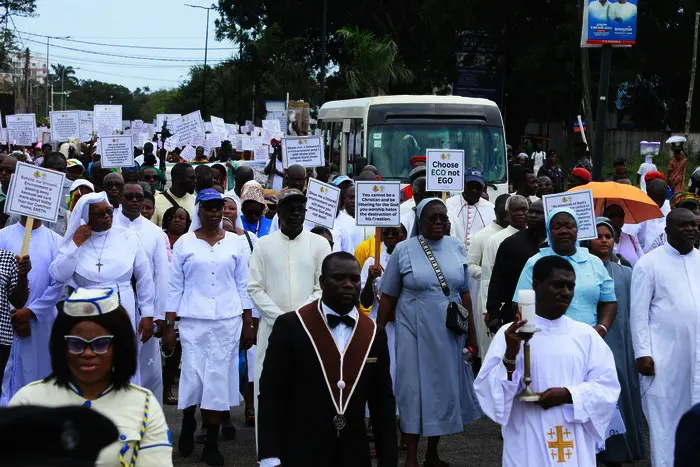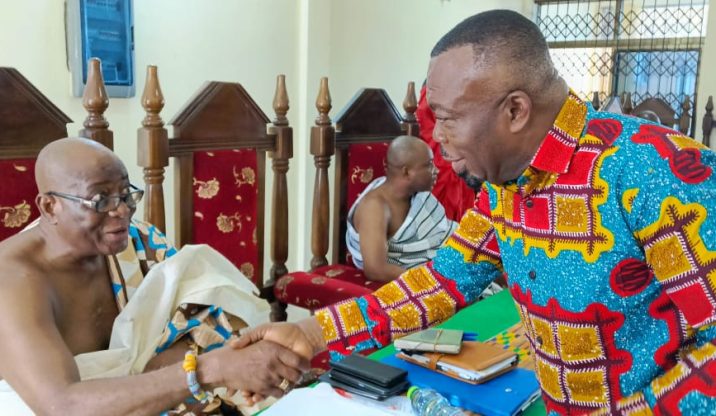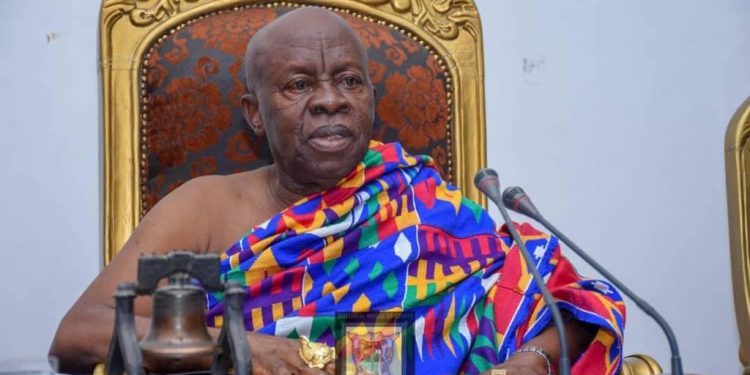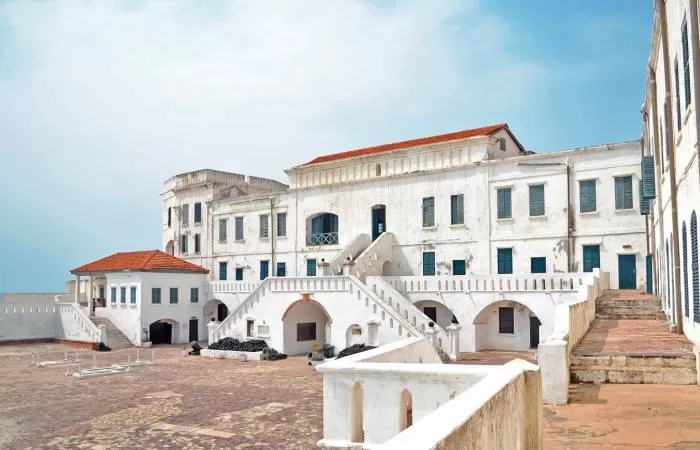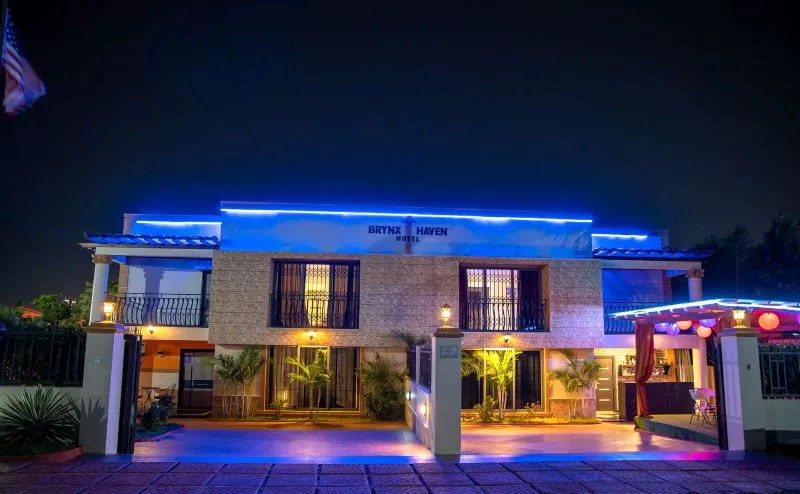Renowned legal scholar and governance advocate, Professor Stephen Kwaku Asare, has waded into the ongoing debate surrounding the discontinuation of prosecutions involving pro-NDC figures, arguing that the issue should be examined beyond political narratives, with a focus on governance, the rule of law, and the efficiency of the legal system.
Prof. Kwaku Asare, popularly known as Kwaku Azar, highlighted the significant delays in these cases, noting that each of them has been in the judicial system for at least seven years. This, he contends, raises fundamental concerns about the sustainability and effectiveness of such prosecutions.
“If a case has been in court for nearly a decade without a conviction, it is reasonable to ask whether the evidence was ever strong enough to meet the legal threshold,” he remarked. He pointed out that the Court of Appeal dismissed at least one of the cases, even after a trial judge had directed the defense to open its case. This, in his view, suggests that the prosecution may not have met its burden of proof.
Justice, Prof. Kwaku Asare argues, demands both efficiency and certainty. Prolonged legal battles that fail to yield definitive outcomes not only erode public confidence in the justice system but also place undue strain on the accused, the judiciary, and state resources, he said.
Scrutiny of the Prosecution’s Role
Prof. Kwaku Asare questioned why the focus of public discourse has been primarily on the discontinuation of these cases rather than on the conduct of the prosecution itself.
“Why were these cases not successfully prosecuted, even when some claim the courts were favorable to the prosecution? Were they hurriedly initiated? Was the evidence insufficient? Were the charges politically motivated?” he inquired.
He emphasized that those advocating for good governance and accountability should also interrogate why, after seven years, the prosecution was unable to secure convictions. In his view, a competent prosecution should not struggle for nearly a decade to establish its case.
Good Governance vs. Endless Trials
According to the renowned legal luminary, good governance should not be equated with prolonged legal proceedings. Instead, he argues, it should be about ensuring that justice is pursued fairly, efficiently, and on strong legal grounds. If cases collapse due to weak evidence, procedural flaws, or prosecutorial inefficiencies, the fundamental issue lies not in their discontinuation but in their flawed initiation.
“Are you seriously suggesting that defendants whose cases have been dismissed should still be prosecuted? Are you saying that these trials should extend into a ninth or tenth year with no clear path to conviction?” he queried, warning against the dangers of legal uncertainty.
Referencing his previous views on other high-profile cases such as those of Gregory Afoko and Sexy Dondon, he noted that his concerns are not solely tied to corruption-related prosecutions but extend to all cases characterized by prolonged and inconclusive trials.
Prof. Kwaku Asare urged that the discourse surrounding these discontinued cases should be more constructive. Rather than reducing the issue to political rhetoric, he posed critical questions that should guide future reforms:
- How can politically sensitive prosecutions be built on solid legal foundations rather than expedient narratives?
- What lessons can be learned from these abandoned cases to improve the effectiveness of future prosecutions?
- How can the justice system be safeguarded against being used as a tool for political battles instead of genuine accountability?
He therefore stressed the need for systemic reforms to enhance prosecutorial integrity, improve case management, and ensure justice is delivered efficiently.
“The true measure of a strong legal system is not the length of prosecutions but their ability to deliver fair, timely, and legally sound outcomes,” he remarked.
Source: Newstitbits.com
The post Prof. Kwaku Azar criticizes endless trials of high-profile cases appeared first on Newstitbits.



